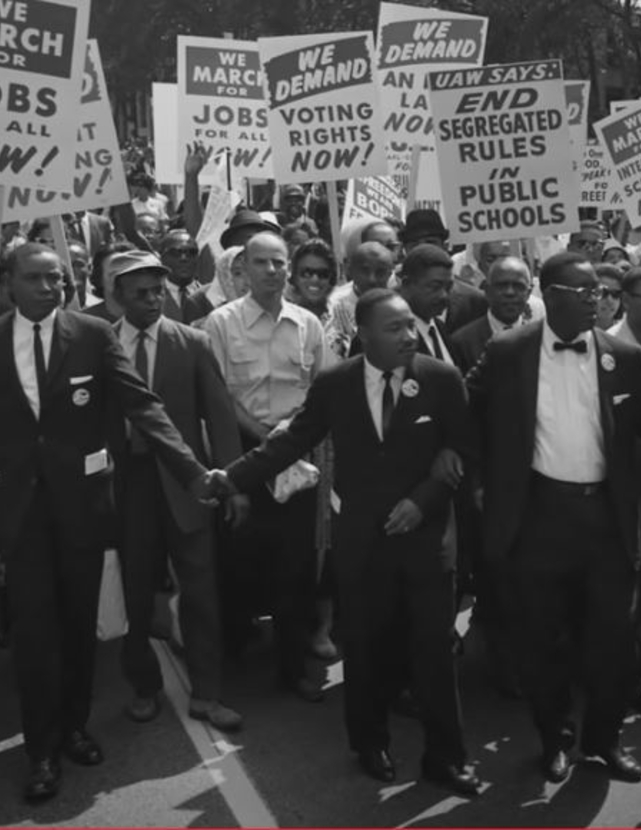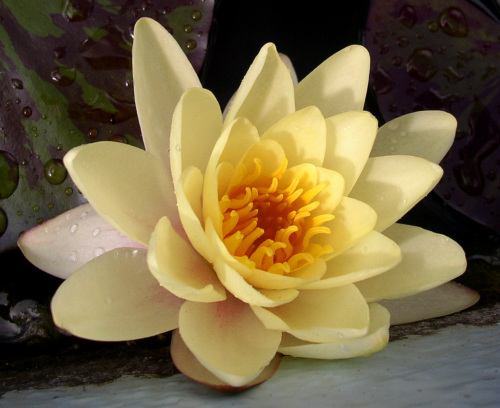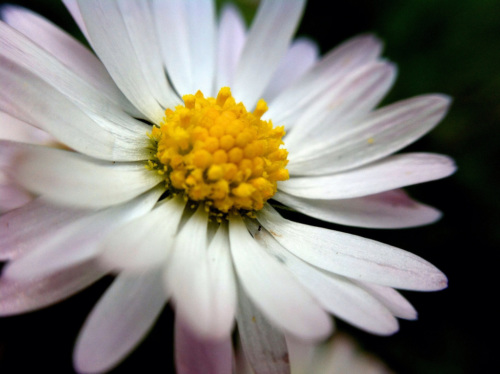Learning Together to Create a More Equitable Future
Program
Highlights

CA4Health’s Racial Equity & Social Justice 21-Day Challenge engaged participants in learning activities to explore the history of racism and discrimination and build more effective social justice habits, particularly those dealing with issues of race, power, privilege, and leadership.
450+ people participated in the CA4Health Racial Equity & Social Justice Challenge
40 participants connected in weekly discussions
-
Focus Areas
Capacity Building & Leadership
In public health and beyond, racism and discrimination have created social injustices that have undermined our society for generations. By acknowledging this history that continues to perpetuate inequities and injustices in our communities and utilizing our lived experiences to help inform others, we can create more equitable systems. One tool to help individuals explore the history of racism and their own personal experiences is called the 21-Day Racial Equity & Social Justice Challenge.
The Challenge, originally developed by Dr. Eddie Moore, Jr. and Debby Irving, is designed to create dedicated time and space to build more effective social justice habits, particularly those dealing with issues of race, power, privilege, and leadership. It has been said that it takes “21 days to form a habit,” so to learn, grow, and support racial equity and social justice, the Challenge calls on participants to set intentions and work at it every day.
In June, PHI’s CA4Health program launched its first Racial Equity & Social Justice 21-Day Challenge. The murder of George Floyd on May 25 further highlighted the cultural, social, and environmental injustices in our society that make the Challenge so pressing and important for participants to contribute to a broader collective understanding of racism, injustice, and strategies and actions that can be taken to keep pushing for systemic change.
The CA4Health Challenge engaged participants by having them dedicate approximately 30 minutes a day for 21 days with challenges such as reading an article, listening to a podcast, reflecting on personal experience and more. More than 450 people participated, and about 40 joined weekly discussion sessions for additional sharing and learning. Some participants also worked within their organizations to host and facilitate their own discussion groups. We believe the Challenge is a powerful tool to assist organizations in creating an inclusive culture and support actions to help dismantle discriminatory practices.
Here is what some participants had to say:
What did you learn that was most meaningful or helpful to you?

I learned I am not as 'woke' or aware of my privilege as I thought, the conversations and resources have pushed me to dig deeper and expand my understanding of inequity in the world, what role I have played in consciously or unconsciously maintaining it, and what role I can play now in dismantling it.
I really appreciated the inclusion of indigenous and immigrant intersections, and food justice connections.
It helped me give myself permission to make mistakes and be courageous enough to look in the mirror and keep learning more and doing better.
It was great to hear from so many different perspectives and hear from participants about what changes they were making organizationally or individually.
Understanding white privilege is more clear to me now.
It was surprising to see how racism intersects with everything in our community. This created a new sense of urgency to bring all of our sectors together to address systemic racism in a meaningful and lasting way.
Where/how do you plan to use what you learned and practiced?

I want to have all new staff and interns at my organization complete a 21 day challenge and follow it up with additional weekly work.
I am a professor of social work and I am sure I will use many of these concepts and resources in almost all my classes.
I'm collecting resources to share with my project staff and to facilitate dialogue on a weekly basis. I'm also using these tools to examine our recruitment process and figure out what barriers exist.
I plan to center all of my courses, regardless of topic, in the pursuit of racial equity. Many of the resources provided have encouraged me to develop how I engage with other adults, whether friends, family or acquaintances to challenge racism.
What will you do differently as a result of this 21-Day Challenge?

I'm much more courageous to speak up and be anti-racist….if I witness an act of racism (subtle or not) anywhere, I will stand up against it.
I will engage in more discussions when I see or hear casual racism. I will challenge those around me to examine their own biases and acknowledge their role in systemic racism and white supremacy.
I will be more mindful when engaging with systematically oppressed people and communities, listen more, and try to bring along other white people.
I will not allow instances of individual or institutional racism to be glossed over in casual conversation. I will continue to espouse the necessity of being actively anti-racist and be willing to apply pressure where needed and leverage my privilege towards justice and equity.
I realized I need to commit to creating and maintaining a sense of urgency around advancing racial equity and social justice.
Is there anything else you’d like to share with us?

Thank you for providing a space to have these conversations. Previously a few of my colleagues at work including myself had a hard time because inequity could be brushed off so easily due to the lack of knowledge of some of our team. Now, it feels like we are one the same page when it comes to inequity due to the challenge. Now we are able to talk more openly about inequity in our work and life.
The challenge was truly amazing. I facilitated internal debrief sessions with other staff from my program who participated and the amount of self-reflection and growth was profound and inspiring to witness and be a part of. This experience has played a significant role in advancing racial equity in our work.
You did a great job at not just providing us the platform to learn and grow in this subject but the weekly calls were an amazing safe space of great dialogue, brave sharing, and togetherness (no matter who you were). Beautifully facilitated.
Downright awesome, thank you for always sharing great information in a brave space!
Can we please work with you to expand this and offer this to other groups!?
CA4Health is planning to follow on this effort by creating a Racial Equity & Social Justice Workgroup, and to host the Challenge regularly in the future.
Work With Us
You change the world. We do the rest. Explore fiscal sponsorship at PHI.
Support Us
Together, we can accelerate our response to public health’s most critical issues.
Find Employment
Begin your career at the Public Health Institute.
